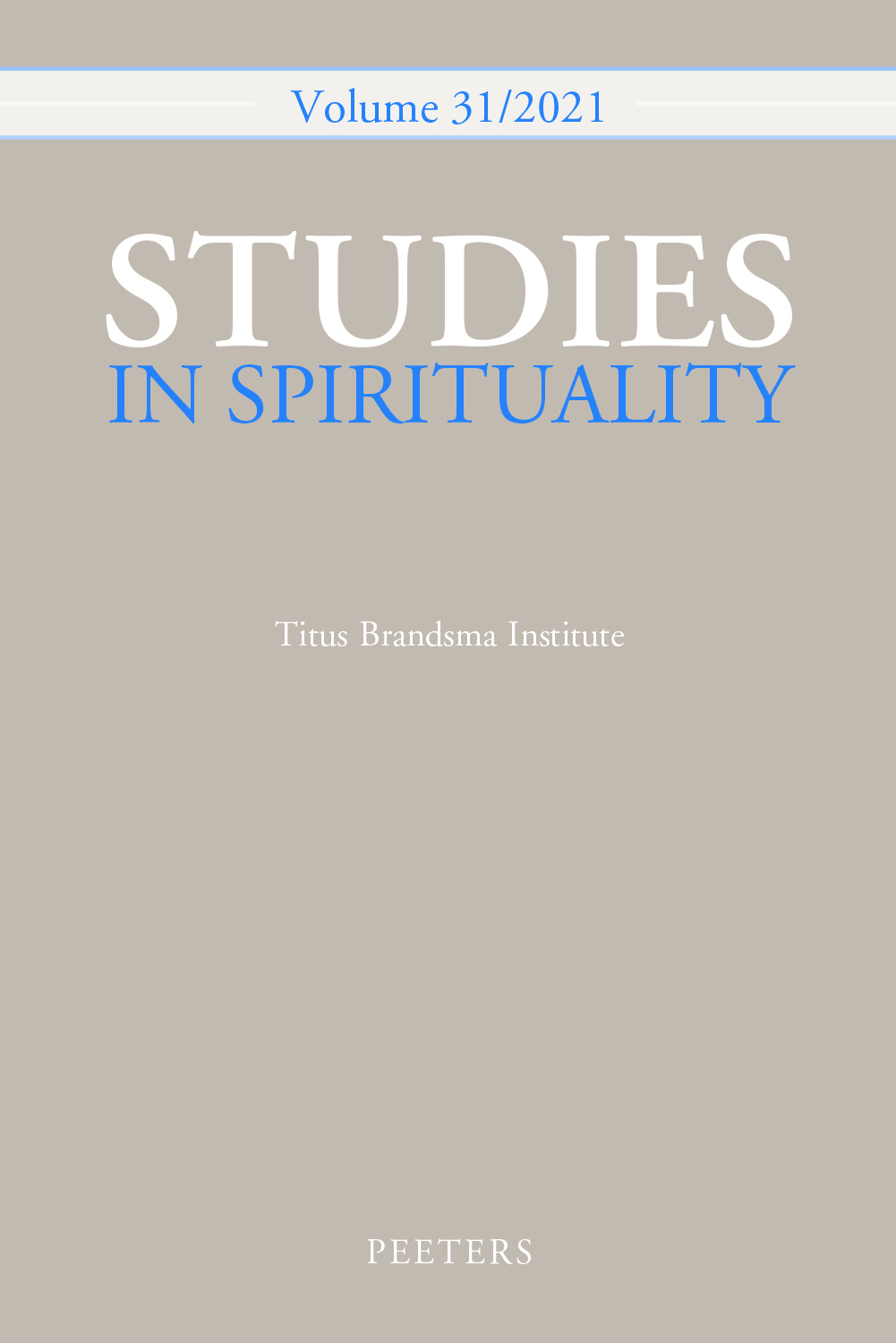 previous article in this issue previous article in this issue | next article in this issue  |

|
Document Details : Title: La espiritualidad Española en tiempo de Carlos V Author(s): ANDRES MARTIN, M. Journal: Studies in Spirituality Volume: 14 Date: 2004 Pages: 171-198 DOI: 10.2143/SIS.14.0.505193 Abstract : In this article the author discusses a few of the principal branches of sixteenth century Spanish spirituality, placing emphasis upon the atmosphere of reformation alive in the Spanish Church since the previous century. He presents the influence of certain historical, political and cultural factors such as the political unity of Spain achieved by the Catholic Kings, the expulsion of the Jews, the discovery and evangelization of America, the reign of Charles V (whose court coincides with the flourishing of Erasmianism in Spain), as well as the development of the observant branches of the religious orders and the intermittent tensions that these produced. In some of these areas it helps to perform a new analysis in order to avoid Manichean interpretations in one sense or another. Within this framework the author studies some of the specific spiritual movements of that period, such as the mysticism of the Franciscans and Jerónimos, the illuminists of Toledo (a complex and particularly Spanish movement, designated by M. Bataillon with the somewhat confusing term Castilian Illuminism), as well as the efforts of an incipient Lutheranism to introduce itself in Spain – attempts that were aborted in various ways. In this sense, we must not forget that Adrian of Utrecht, before becoming Adrian VI, was the preceptor of Charles V, regent of Spain in various occasions, and inquisitor of Aragon. After briefly presenting these religious and spiritual movements, the author arrives at the conclusion that the sixteenth century was a passionate era of the history of the Church in which spirituality (or spiritualities) played such an important role that historians must not ignore it. |
|
